Keywords: Welfare Agencies
There are more than 24 results, only the first 24 are displayed here.
Become a subscriber for more search results.
-

AUSTRALIA
- Julian Butler
- 08 November 2022
3 Comments
In the midst of the spring racing carnival, online betting companies have been told their advertising will next year need to include warnings about the risk of gambling. The new requirements fall well short of regulation that might meaningfully curb what is become a social norm and cultural marker for many.
READ MORE 
-
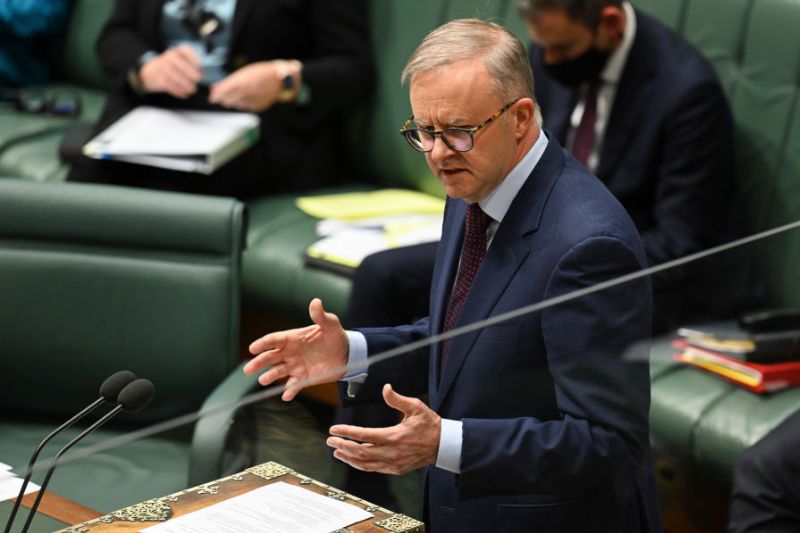
AUSTRALIA
- Frank Brennan
- 28 October 2022
6 Comments
In recent years, Australian policies in relation to asylum seekers and refugees have been unnecessarily mean, cruel and disorganised. The election of the Albanese government provides the opportunity for a reset, putting behind us the past mistakes of both Coalition and Labor Governments in the last 20 years.
READ MORE 
-
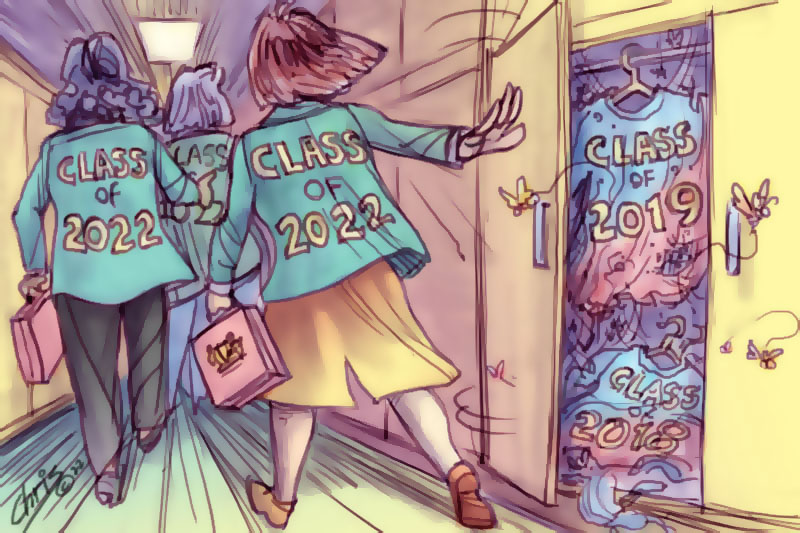
AUSTRALIA
Concern about political malfeasance in Australian politics was one of the issues that drove the influx of new members (mainly women) into the Australian Parliament on 21 May, and they are promising a raft of reforms. The astounding thing is that we managed to leverage the change of 21 May 2022 within the confines of a system that inherently favours the status quo, the preferential voting system tending to channel votes back to the major parties.
READ MORE 
-
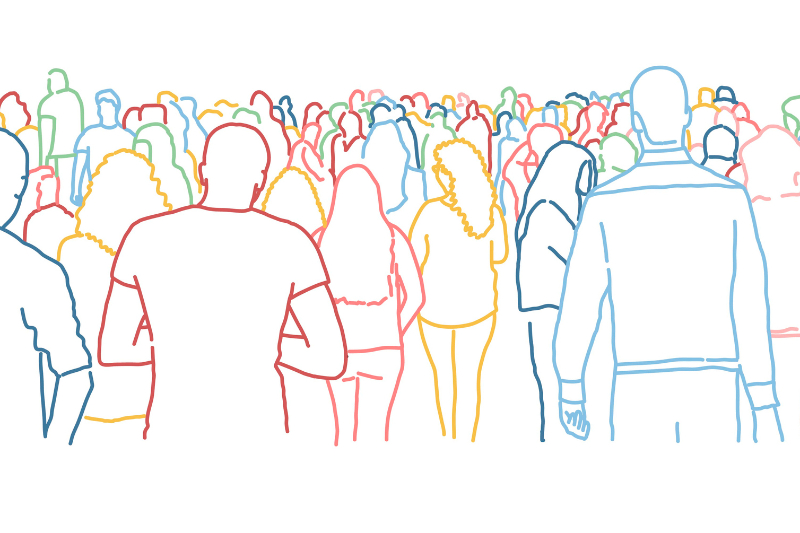
RELIGION
- John Warhurst
- 26 April 2022
22 Comments
The Church must speak up to be relevant, but those who seek to ‘speak for the church’ must be brave. They risk exposing themselves to claims of bias unless they stick to a very narrow agenda and speak in extremely measured terms. Yet if they are too bland they risk being irrelevant to the sharp end of political debate and their intervention becomes little more than a symbolic ritual.
READ MORE 
-
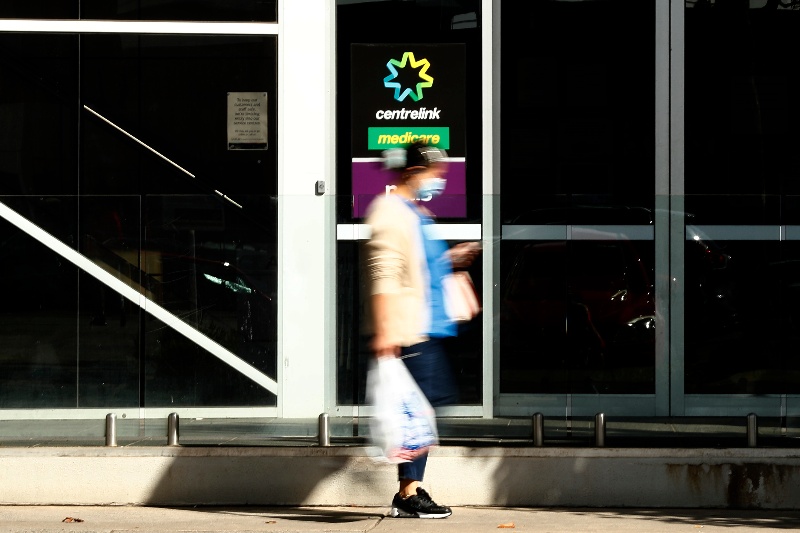
AUSTRALIA
- Ursula Stephens
- 01 April 2021
1 Comment
At the beginning of the Covid-19 pandemic, the government reassured Australia ‘We’re all in this together’ but the truth is that the end of JobKeeper and the Coronavirus supplement payments will leave more than 2.6 million people in poverty.
READ MORE 
-
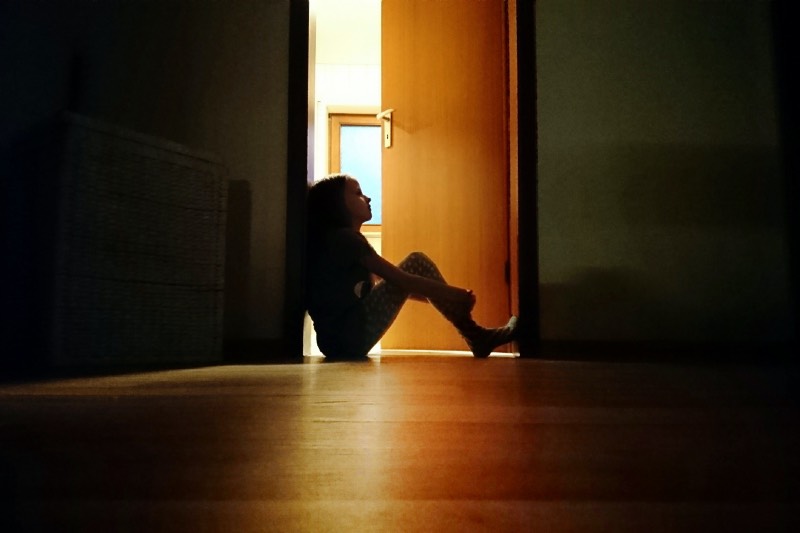
AUSTRALIA
- Barry Gittins
- 01 April 2021
11 Comments
We don’t want to admit the truth of who we are as a nation: there are Australians who are violent toward the people they say they love the most. Living among us are those who take what they want, out of entitlement, privilege and the naked use of power.
READ MORE 
-
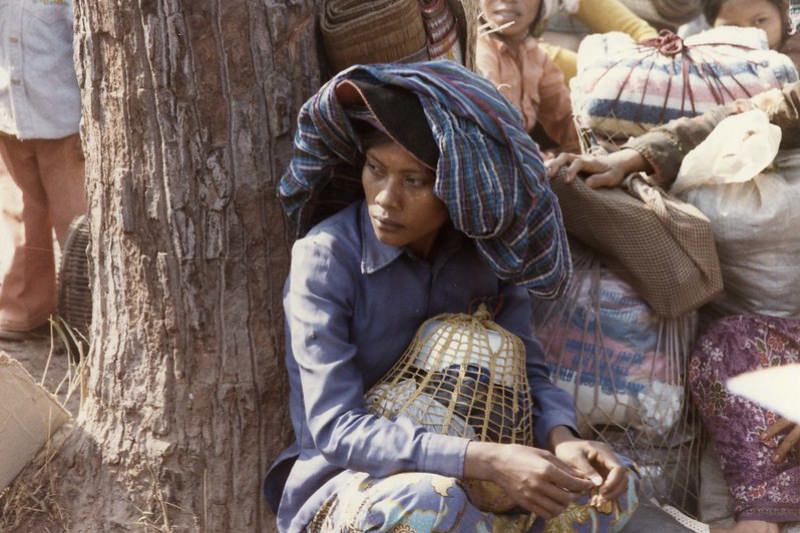
INTERNATIONAL
- Andrew Hamilton
- 26 November 2020
7 Comments
Stories of volunteers who went to help in foreign crises used to focus on the impact on the people helped. Today they explore how both parties are changed through the experience. That was also true in Jesuit Refugee Service (JRS) whose 40th anniversary occurred last week.
READ MORE 
-

AUSTRALIA
- Izabella Antoniou
- 03 September 2020
11 Comments
Beyond the announcement of the corona supplement falling from $550 to $250 a fortnight in September, and the reintroduction of asset testing, there has been little in the way of a roadmap for our nation’s unemployed in a landscape where job seekers outnumber jobs 13:1.
READ MORE 
-

AUSTRALIA
- Andrew Hamilton
- 06 August 2020
12 Comments
If they are to enlist the support of their people in acting responsibly in the face of coronavirus, governments must themselves practice responsibility. They must look to the good of the whole community, and especially to disadvantaged people who are at the greatest risk of contracting the coronavirus.
READ MORE 
-
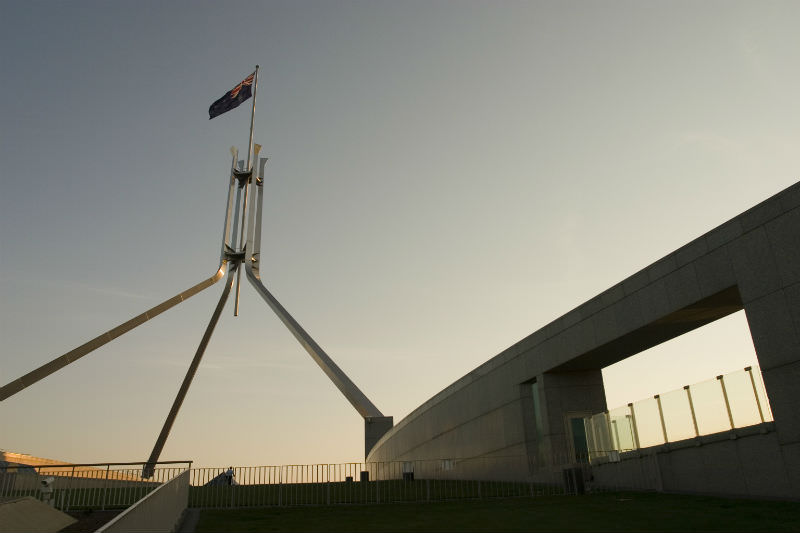
AUSTRALIA
- John Warhurst
- 23 March 2020
20 Comments
COVID-19 brings many tests. Amid the health, economic and financial crises brought about by the pandemic, our greatest test is to conduct ourselves as a robust democracy and to demonstrate that we are a fair society. Neither test will be easy to pass, but we must aim to emerge at the other end as a better society.
READ MORE 
-
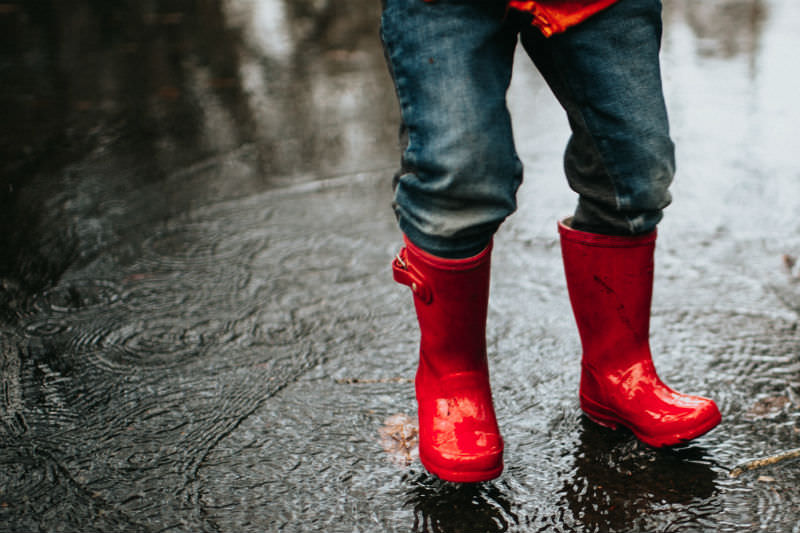
RELIGION
- John Warhurst
- 14 October 2019
8 Comments
The royal commission concluded that child safety, in all its organisational ramifications, raised questions of culture and governance for the church. If the Plenary Council 2020 doesn't take such issues seriously then it will be one indicator that the momentum around last year's official national apology has slowed.
READ MORE 
-

AUSTRALIA
- Kate Galloway
- 08 October 2019
6 Comments
If government is concerned for citizens' wellbeing, it should properly resource services — drug and alcohol support, parenting support, subsidised childcare, education and so on. Instead, it is generating a system of social credit: rewarding those who toe the line and punishing those whose 'score' falls below that of the 'good citizen'.
READ MORE 